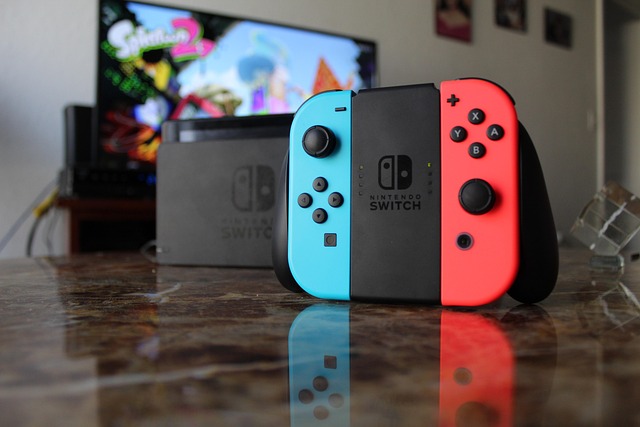
Nintendo's Customer Support Shift: Understanding the Impact of Outsourcing

Nintendo of America, a key figure in the gaming industry, has recently made waves with its decision to outsource customer support, affecting hundreds of jobs. This move has sparked discussions across the gaming community and beyond, highlighting the modern challenges of corporate strategy and workforce management in the tech sector.
The Outsourcing Wave and Its Implications
Nintendo's decision is not an isolated case but rather part of a broader trend in the industry where companies seek cost reduction and efficiency through outsourcing.
Impact on Workforce
The immediate impact of Nintendo's decision is significant, with hundreds of contractors facing job losses. This move reflects a growing trend where companies opt to streamline their operations by shifting to external resources. The implications for these individuals are profound, as they face an uncertain job market.
Nintendo of America is reportedly outsourcing customer support, affecting hundreds of contractors.
The human impact of such decisions cannot be underestimated, as these contractors have been integral to maintaining customer relationships.
Nintendo's Strategic Development Alliances

Nintendo is renowned for its creativity and innovative games, supported by its main in-house development teams. Among these, Teams 1, 2, and 6 play crucial roles in assisting outside studios.
Collaborations with External Studios
For instance, partnerships with Monolith Soft, known for the acclaimed Xenoblade series, highlight Nintendo's strategy of leveraging external expertise. These collaborations enhance game development, providing diverse experiences while ensuring high-quality content.
Nintendo has 10 main in-house development teams.
This multi-faceted approach underscores how strategic partnerships can be beneficial despite internal changes.
Global Industry Dynamics
The outsourcing trend in customer support isn't unique to Nintendo; it's a phenomenon observed globally, influenced by various economic factors.
The IT and Outsourcing Landscape
Representing a global trend, India's IT and business process outsourcing industry, valued at $283 billion, is a testament to the demand for such services worldwide. This sector is vital in driving efficiencies and reducing costs for companies like Nintendo.
Nasscom warned of potential disruptions, emphasizing the importance of outsourcing continuity.
Thus, while outsourcing presents challenges, it remains a pivotal part of the industry's fabric.
Economic Considerations

Economic factors heavily influence decisions like Nintendo's outsourcing strategy. Trade statistics, such as South Africa's R20.3 billion trade surplus in July 2025, reflect broader economic health and can impact corporate strategies.
In July 2025, South Africa recorded a trade balance surplus of R20.3 billion.
Companies constantly adapt to these economic climates, making outsourcing a practical choice to navigate financial complexities.
Conclusion
Nintendo's shift to outsource customer support, while controversial, is part of an essential strategy to maintain competitiveness in a rapidly evolving market. By balancing in-house creativity with outsourced efficiencies, Nintendo aims to continue delivering exceptional gaming experiences without sacrificing operational effectiveness.
As the industry evolves, companies must navigate these decisions carefully, considering both the human and strategic implications to ensure sustainable success.
For further reading, explore Game Rant's article on this topic.
This comprehensive examination of Nintendo's outsourcing highlights the delicate balance between innovation and practicality that companies must manage in today's economic landscape.